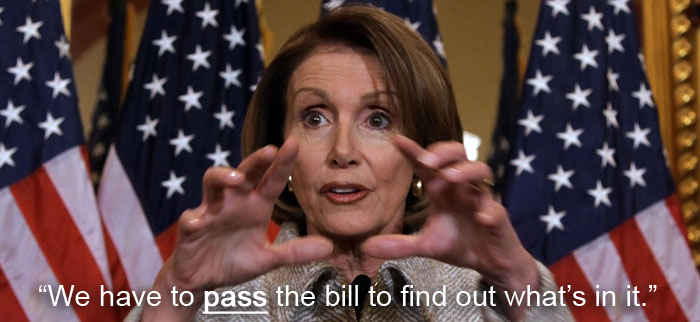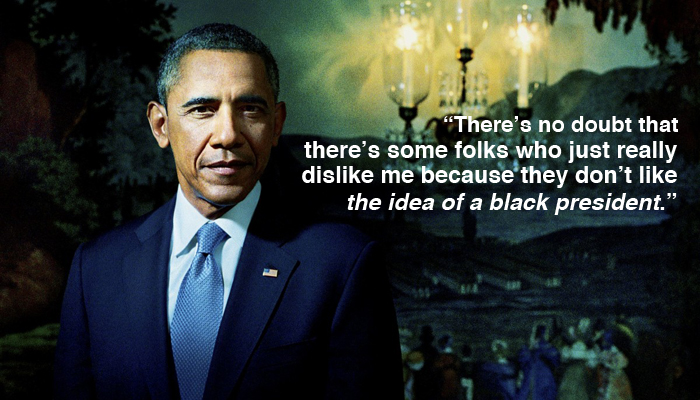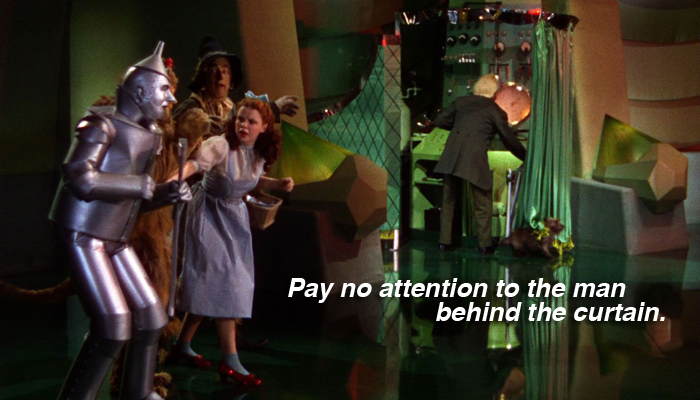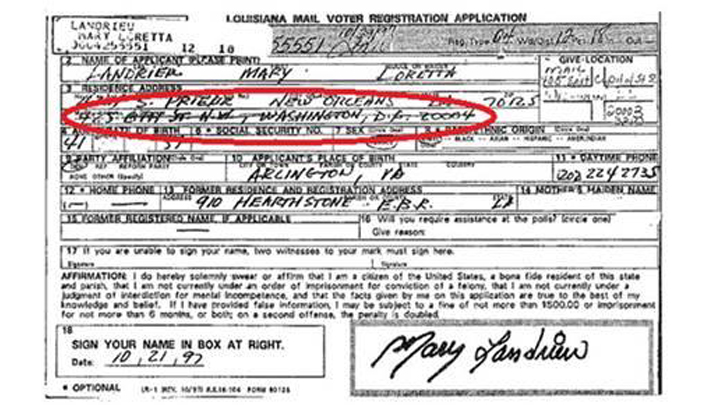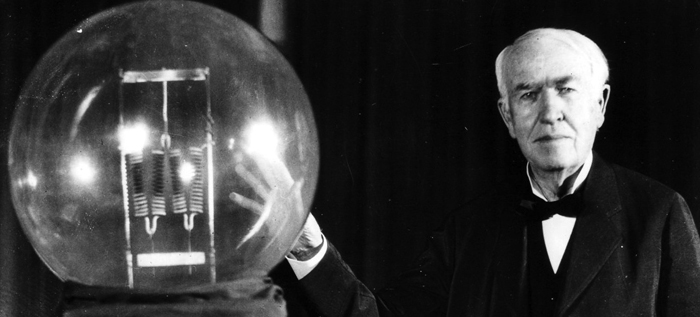By Louis R. Avallone
–
Elected Officials Should Do Their Own Work.
Imagine you were in the hospital to have an important, life-altering medical procedure. As you are being wheeled into the operating room, your doctor informs you that he isn’t actually familiar with the relevant procedure needed to treat your condition. In fact, he doesn’t really understand the surgery he is about to perform on you. However, he tells you that he had a really smart, young nurse study up on it, and that the nurse has given him a good enough idea of what needs to be done and that he’s sure that everything will be fine. How comfortable would you be knowing that your life depended on how well the nurse was able to explain to the doctor a complex surgical procedure, step-by-step, as well as the risk factors involved?
You probably would not be very comfortable at all. Yet, very similarly, the officials we elect to serve us on our school boards, in our statehouses, and in Congress, are increasingly voting on legislation which they have not read, nor fully understand the risks involved. The responsibility for doing so, instead, is delegated to staff – all whom we haven’t elected whatsoever.
Remember the 2,700 pages of the Affordable Care Act? Nancy Pelosi famously urged lawmakers to “pass the bill so that you can find out what is in it.” Then Congressman Conyers jumped in and said it was pointless to read that bill unless you had “two days and two lawyers to find out what it means after you’ve read it.” And even our own Congressman Fleming, who actually did read the bill, said that the 10,535 pages of final regulations are “incomprehensible.”
Then there was the $790 billion stimulus package in 2009. It was voted on without a single member of either chamber reading it before voting on it. After all, the 1,073-page document wasn’t posted on the government’s website until after 10 p.m. the day before the vote was taken in Congress to pass it.
The cap-and-trade bill in 2009 had a 300-page amendment added to it at 3:09 a.m. – and amazingly it still passed when it came up for a vote – on the very same day.
Even here in Louisiana, the only required “reading” for a bill to become a law is that the title must be read, on three separate days in each house. And that’s it.
Many contend that our elected officials are simply too busy to read the legislation themselves. After all, many officials say that if they spent all their time reading legislation, they would never get anything done. But impossible for every elected official to merely read the actual legislation itself? C’mon now.
If your elected official is not able to do that, they should resign or be removed from office, because they’re incompetent.
We can easily see how important this is in our legislatures, but the same is true in our parish commissions, city councils, and school boards. Consider that the Caddo Parish School Board recently voted to ask voters for $108 million in tax revenue, which effectively doubles the outstanding debt of the school system, even though the Census Bureau shows the population of school-aged children in Caddo Parish continues to decline.
Even though one-half of the school board members were reporting for duty for the first time since taking their oath of office, the staff of the Caddo Parish school system put this debt-doubling tax before them anyways.
There was no public debate amongst the newly elected board members that night. No reference to how many hours the school board members themselves had already studied the matter, the finances, or the demographics.
Instead, the school system staff, like legislative staffers who read and interpret bills for our elected officials in Congress, simply said to each school board member, “sign here”. And they did, unanimously.
For the veteran school board members that night, they know the history, and this wasn’t their first rodeo. But for the 50% of the brand-spanking new board members who just showed up the night of the vote for the first time, maybe they would have appreciated a little more time to consider the matter before voting to spend $108 million of taxpayer money on their first day on the job. Shame on the school system, though, who put them in that position to begin with.
Regardless of whether you support the tax proposition or not, that’s not the point here. The bottom line is that our elected officials should understand what they are voting on, before they get ready to go into the chamber to vote, and not just before they go on television to be interviewed. No, we can’t fix our government solely by forcing our elected officials to read the bills. But we can start by voting for folks who actually will do the job to we hired them to do to begin with.
